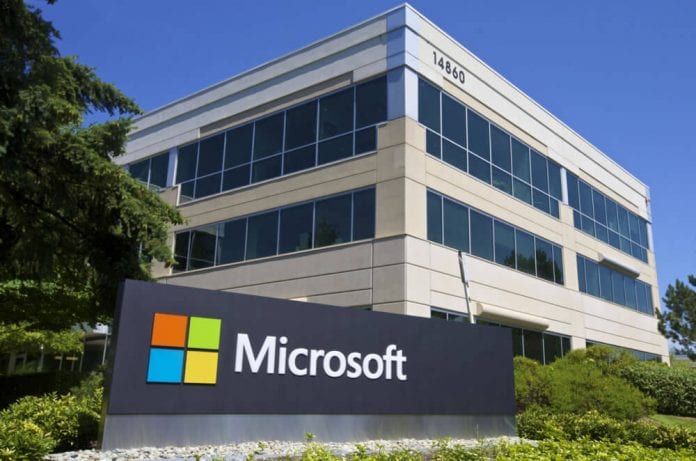
Microsoft refused to give up its emails which are held in Ireland over to the US government, and it believes that its decision is justified by the Supreme Court rule which said that all US laws could not be applied overseas unless Congress had ruled over it.
The Supreme Court set ground rules in another separate case which was about the Racketeer Influenced and Corrupt Organizations Act. The Court stated that federal laws would only have domestic application if there were absent any congressional intent to the contrary. The issue, the Court said, was not about if the Congress wanted to or desired to, but rather was if it had affirmatively and unmistakably instructed for the statute to be as such.
The statements were cited by the Microsoft lawyer in the US Court of Appeals for the Second Circuit. Apparently they also seem to be in line with what Microsoft has been saying. Microsoft argues that the Electronic Communications Privacy Act does not in any way say that they can hand over private emails which are stored on providers’ computers in distant and foreign countries.
The court case has been slow in its proceedings, but the result is eagerly awaited as it could set a precedent, and it would have far-reaching implications.
Microsoft managed to provide non-content information which was held on its servers but said they could not provide information that was held on the Irish servers because the search warrant did not have that far-reaching ability. The company has been advocating for an intergovernmental resolution for when the US demand access to all the emails. The government can achieve this through the mutual legal assistance treaties that the US has with other countries including Ireland in this case.
In one earlier decision, the Judge involved in the case, US Magistrate Judge James C. Francis lV of the US District Court for the Southern District of New York had said that the search warrant acted like a part search warrant and a part subpoena.
The government has been saying any attempt to enter into MLAT with other countries would be time-consuming, even though Ireland has already offered to try and help with the request for data if the treaty was there. Microsoft, on the other hand, is saying that Congress should decide on whether warrants which are issued under the ECPA can also apply abroad.
Most tech companies are worried that any decision against Microsoft would scare its European cloud and various customers who would now be affected by the insanely long arm of US law.








